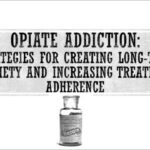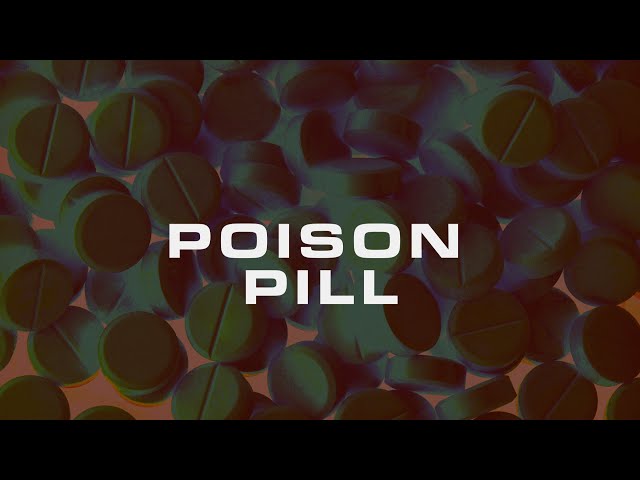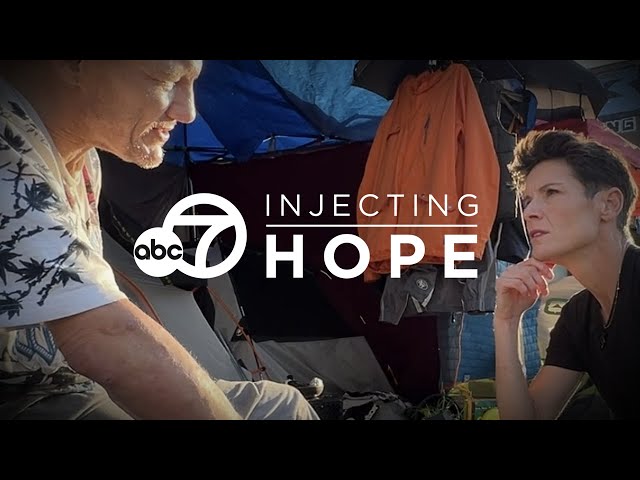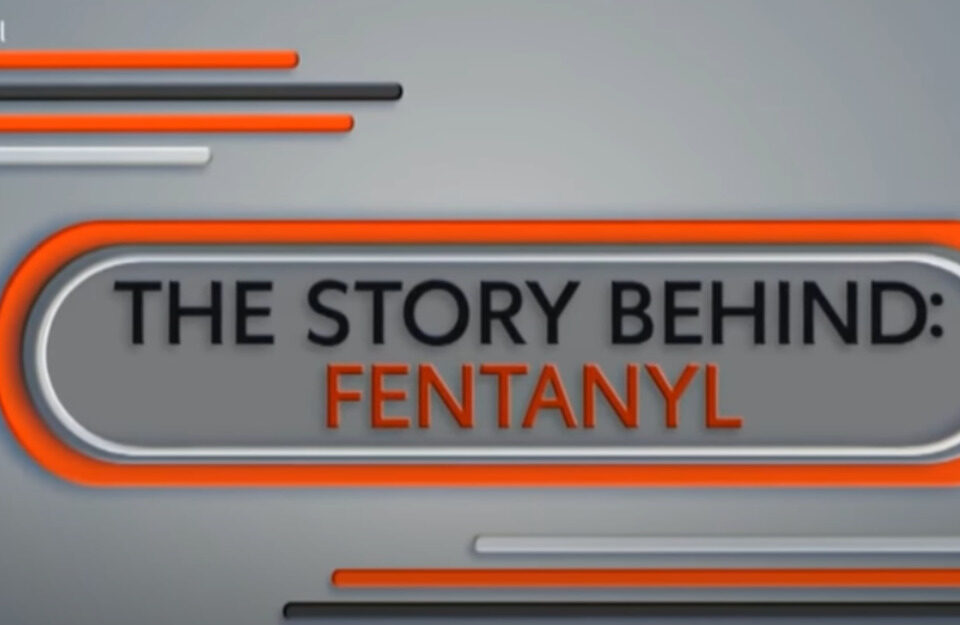Introduction
This WQED documentary explores the opioid crisis & heroin use in Western Pennsylvania. People who have experienced addiction, either themselves or through a loved one, share their stories of struggle, stigma and loss. But they also show how they’ve managed to use their pain as a catalyst for change, providing hope for others.
Heroin has a hold on this country, and Western Pennsylvania hasn’t escaped its grip. There isn’t a community, a town, a county in our region that doesn’t have a major heroin problem today. It’s cross-generational, it crosses ethnic lines. The problem is so pervasive that people are literally overdosing on the street.
Stigma keeps people from talking about it. But now, people are stepping out of the shadows. Sharing their stories, inspiring others. Recovery is something that anyone can do at any point. [Taken from YT description]
You can also watch a one-hour follow-up panel discussion on this topic.
Watch Now!
After watching the following video, you are welcome to share your experience by providing a review of the resource.
Quotes
“There are more people addicted to heroin, more families devastated by it, and more people dying from heroin than any time in our history.”
“It started with the dramatic rise of prescription pain medicines, the opioids, the OxyContin’s, the Vicodin’s, the hydrocodone’s. There was also heavy marketing of pharmaceutical companies with some misleading information that these substances are not addicting, are safe. And a lot of well-meaning doctors started prescribing more and more of these with good intentions. But we’ve now learned that the pendulum swung too far.”
“When the pill habit becomes too expensive, users turn to the cheaper option – heroin. They go from pills to snorting heroin and then, after a couple of months, to get more for their money, they switch over to needles.”
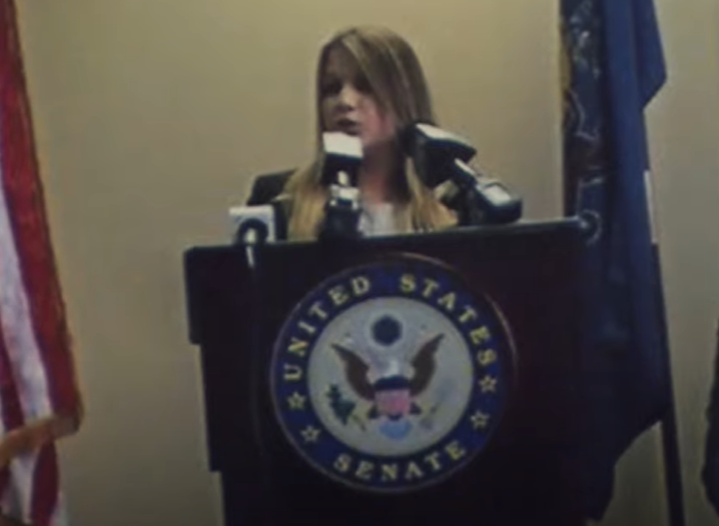
Ashley shares her story often at public hearings, drug summits, in schools. “Every time I speak, it just takes a little chisel out of the brick wall to reduce the stigma and raise awareness.”
ASHLEY POTTS
“Heroin tricks the brain into thinking the drug is needed to survive. That, combined with intense physical pain, forces people back for more.”
“Heroin, in the beginning, made me feel euphoric. But whenever I didn’t have the heroin, it was the worst sickness that I could ever imagine in my life. Everything on you hurts. You can’t move, you can’t eat, you can’t sleep, you’re hot, you’re cold.”
“If you incarcerate a person with addiction and don’t get them treatment, there’s a very, very high likelihood they’re just going to come back out and continue to use.”
“Laura Propst started NOM (Not One More) Pittsburgh after both of her children became addicted to heroin. ‘We have a lot of families, parents, wives, children who are experiencing a lot of loss and grief and they just need a comfortable place to land.’”
Continue Learning
Please view the following additional resources to continue learning about some of the topics discussed in this resource. If you have any suggestions, concerns or general comments, feel free to contact me as well!

